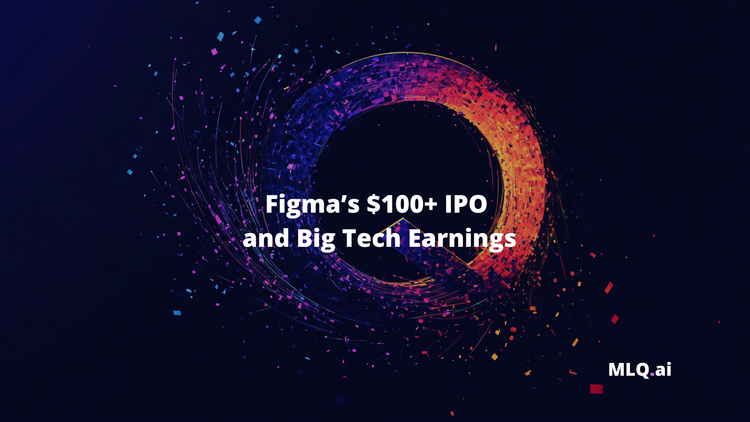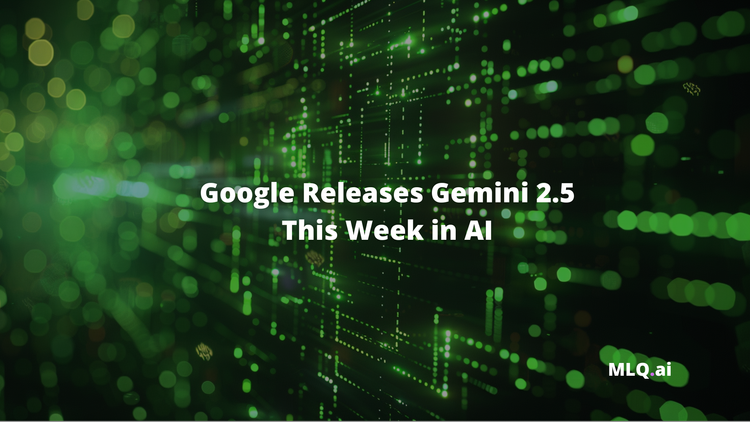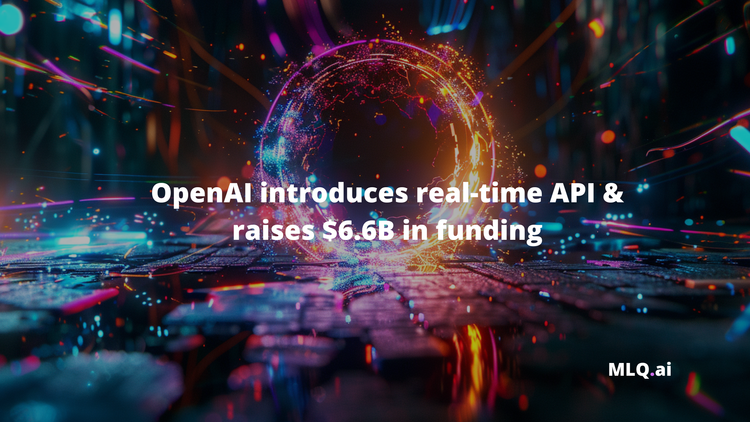Welcome to our This Week in AI roundup. Our goal with this roundup is provide an overview of the week's most important news, papers, and industry development.
This week we have stories about new proposed AI rules by the European Commission, synthetic datasets, and quantum machine learning.
European Commission Proposes New AI Rules
The European Commission proposed its artificial intelligence regulations this week. The aim of the proposal is banning "social social" systems and limiting how police can use facial recognition, among other things.
Below are a few of the following specific objectives from the report:
- Ensure that AI systems placed on the Union market and used are safe and respect existing law on fundamental rights and Union values;
- Ensure legal certainty to facilitate investment and innovation in AI
- Enhance governance and effective enforcement of existing law on fundamental rights and safety requirements applicable to AI systems
- Facilitate the development of a single market for lawful, safe and trustworthy AI applications and prevent market fragmentation.
You can find the full report below:

Stay up to date with AI
Unity Releases Synthetic Datasets
Unity is releasing their synthetic datasets with the goal of accelerating AI training.
The datasets are designed to meet stringent privacy and regulatory requirements. Developers can build datasets using the Unity Perception SDK – which includes a library of labelling and randomization tools – for free.
As Dr. Danny Lange, Senior VP of AI & Machine Learning at Unity said:
Essentially, these datasets empower companies to plan for and simulate scenarios they haven’t yet experienced, with a sizable increase in user data that mimics what they’d find over time in the real world.
To build diverse datasets that increase efficiency and control bias in applications, Unity's Computer Vision Datasets use a technique known as "domain randomization".
The method generates a variety of permutations of how objects of interest are placed and oriented, including lighting and camera angles variations, as well as the countless Unity environment configurations that are possible.
Read the press release below and find the synthetic data here:

Quantum Machine Learning with Qiskit
Earlier this month, IBM introduced Qiskit Machine Learning, a series of new modules for IBM's open source quantum software.
The modules promise to aid machine learning optimization by using quantum computers in certain aspects of the process.
Quantum computers are expected to gain momentum in the coming years, according to IBM, and have the ability to speed up some applications by 100 times.
The new framework is also integrated with PyTorch:
In addition to the models provided directly in Qiskit Machine Learning, we also introduce the Torch Connector, which allows users to integrate all of our quantum neural networks directly into the PyTorch open source machine learning library.
Read the full article:

That's it for this edition of This Week in AI, if you're new to MLQ you can sign up here for future updates.





